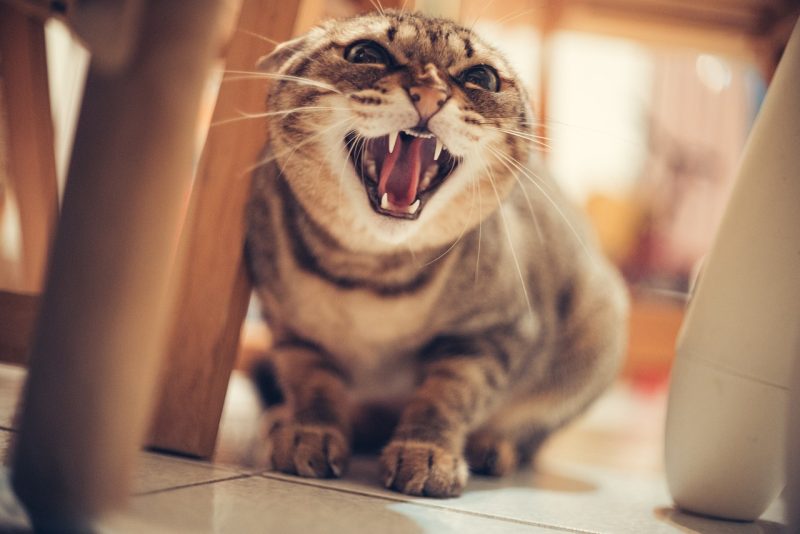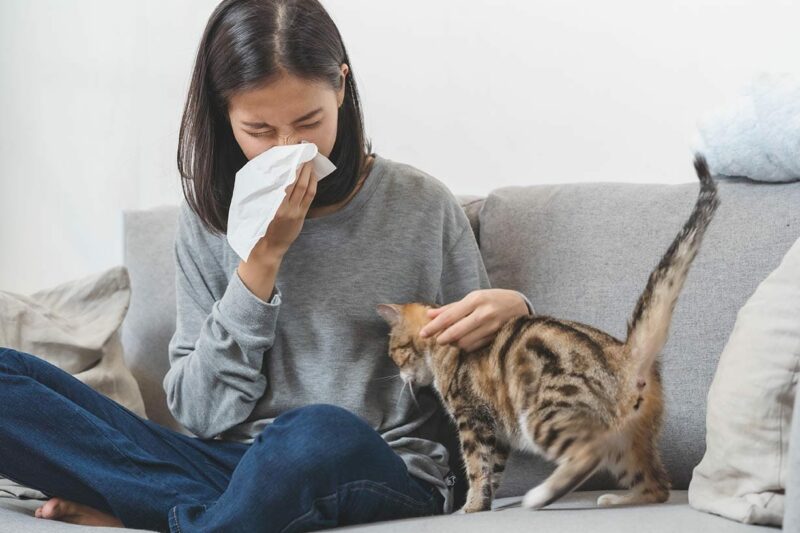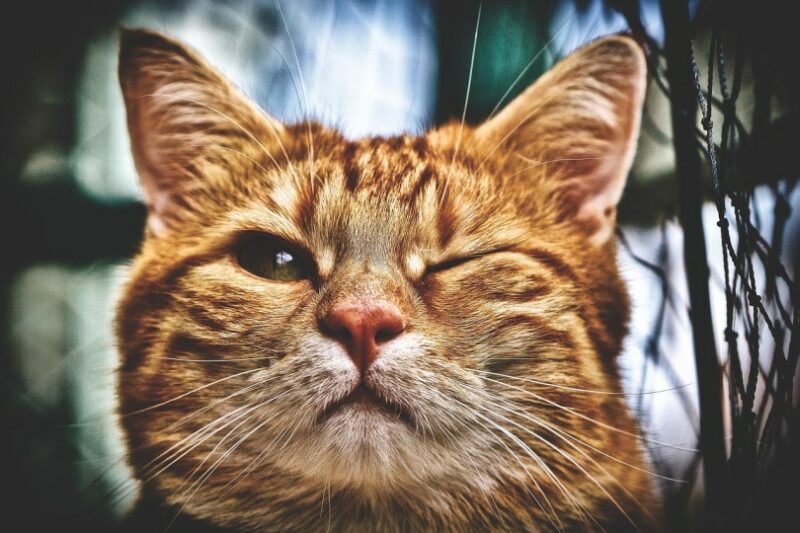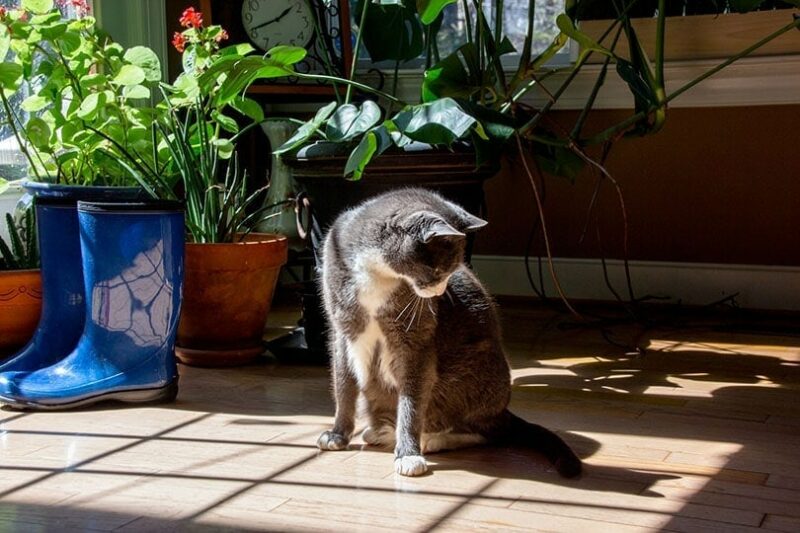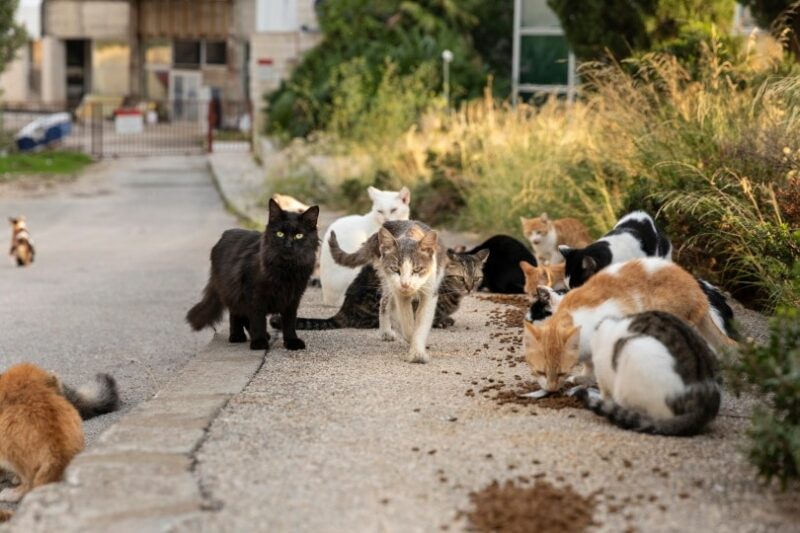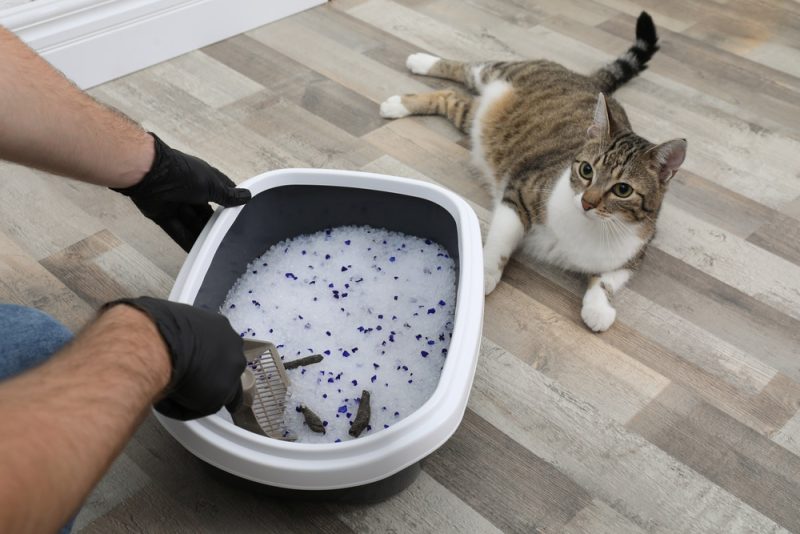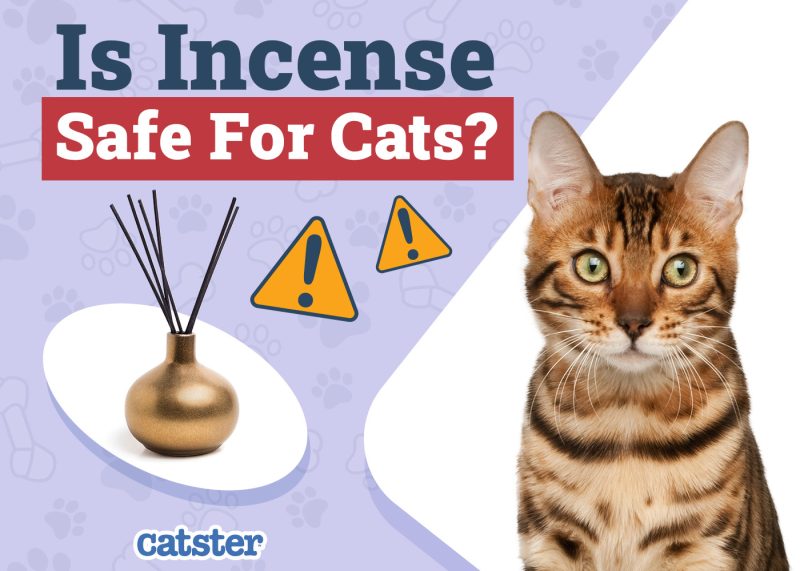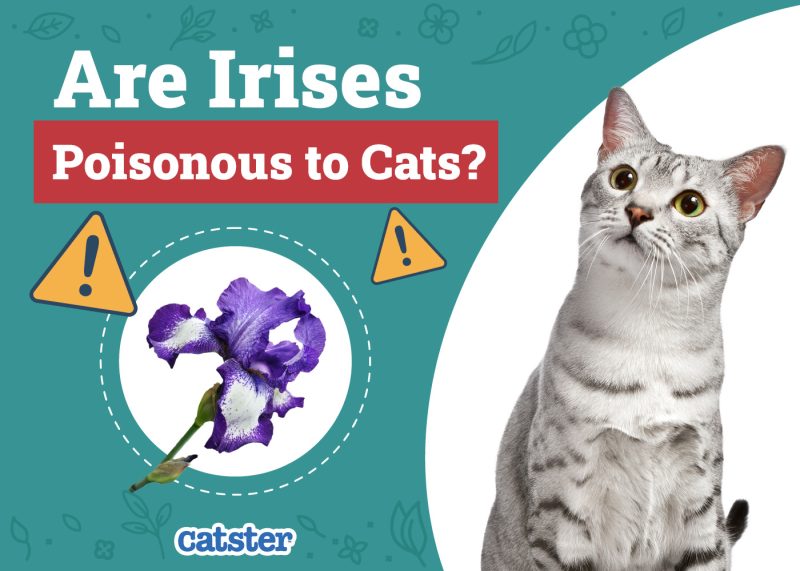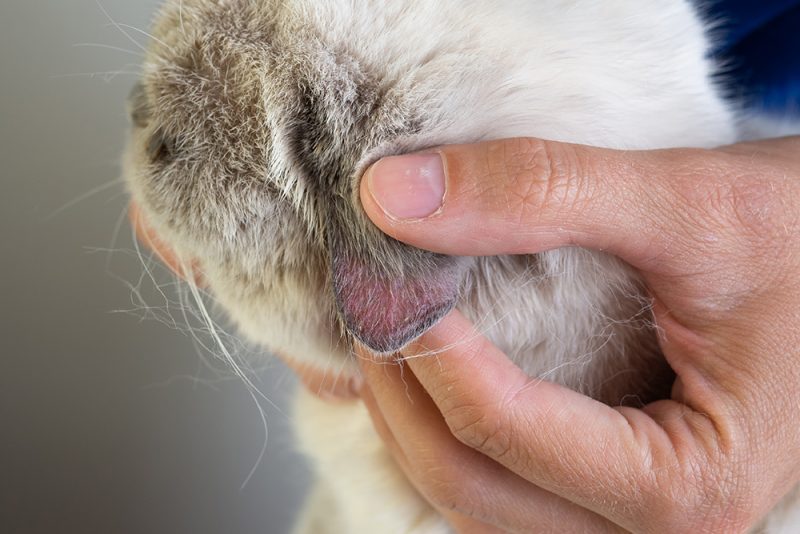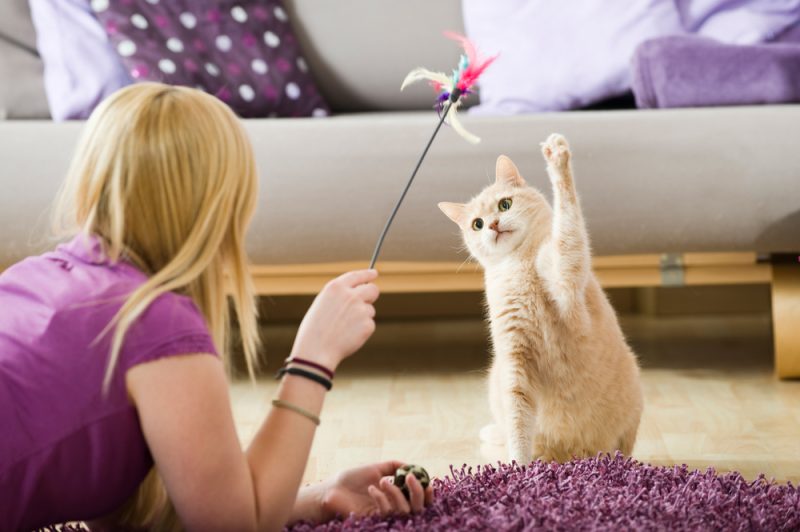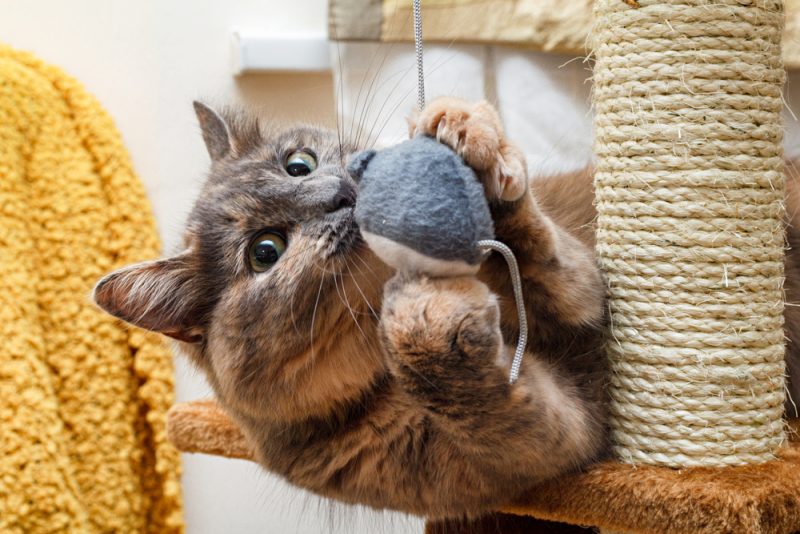In this article
View 2 More +Pet cats are usually friendly and interactive with their human companions. But sometimes, they display aggressive behavior, such as growling. You may be wondering why cats growl and what it means when they do it. Is your cat acting territorial, protective, or dramatic? Are they in pain, feeling stressed, or just in a bad mood? How should you react when your cat growls? Here’s what you need to know.

Why Is Your Cat Growling? What Should You Do About It?
Cats can growl for various reasons, so it’s a good idea to understand them all. This way, you can better determine exactly why your cat is growling at people or in specific circumstances.
1. Territorial Behavior
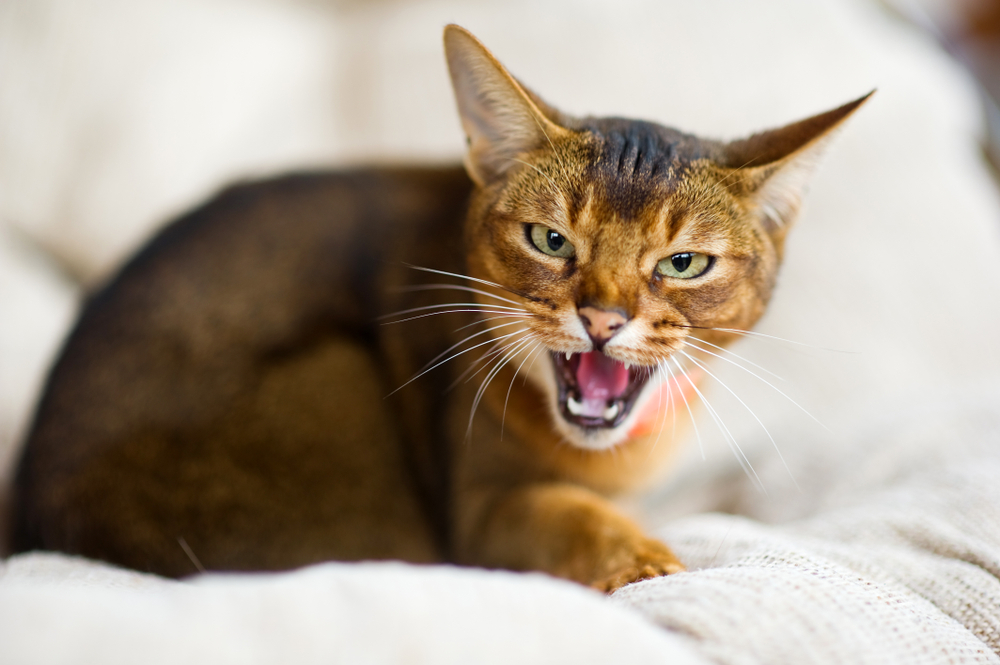
It is common for the average cat to growl for territorial reasons. They might feel like their space is being encroached on and they don’t like it, so they will growl to protect that space. Maybe a visitor gets too close to their bed, or a family member tries to coax them out of a hiding spot that they enjoy inhabiting. Whatever the case, those cat growling sounds are communicating that they want everyone and everything to back off their perceived territory.
2. Stress and/or Anxiety
Stress and anxiety can be the cause of growling in cats, as it helps relieve the negative feelings and provides a bit of relief. Your cat might growl because you’ve just moved to a new home, and they feel unsafe in the space.
3. Perceived Threat
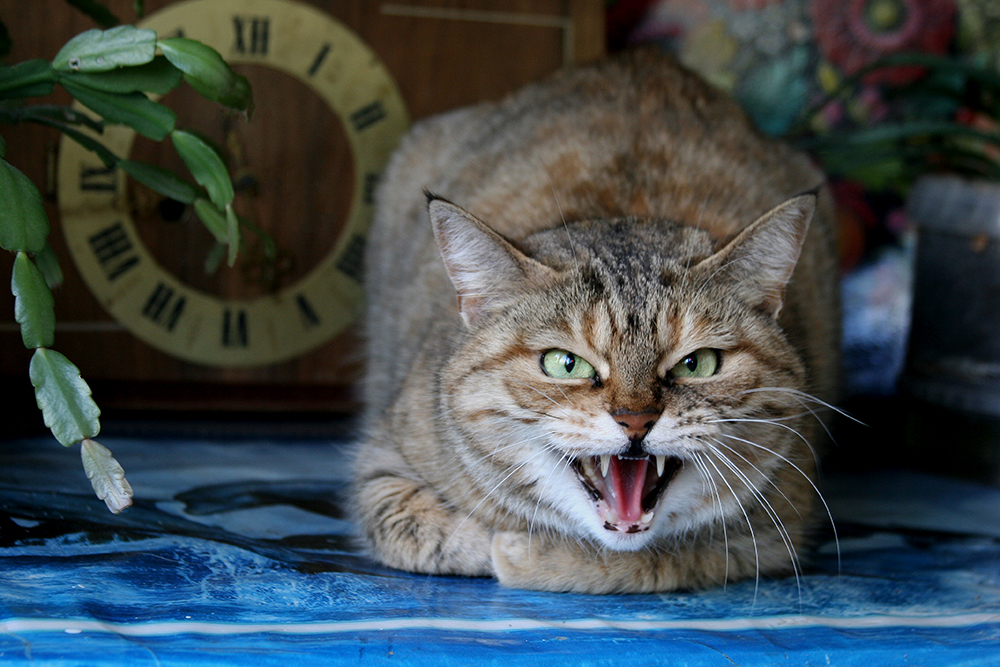
If they feel threatened, a cat can growl in response. They might see a shadow outside a window and believe that it’s a predator trying to get them. They may hear a strange noise in the house that scares them. They could feel threatened by the commotion going on in the house that’s unusual to them.
4. Annoyance
Sometimes, all it takes is a bit of annoyance to make a cat growl. Growling due to annoyance is usually just a form of communication, and actual aggression is not part of the equation. They might growl because there is too much noise happening in the room that they’re trying to sleep in, or they are tired of all the lights and action happening when visitors are around. They might be frustrated due to a lack of exercise, activity, or interaction with household members.
5. General Warning
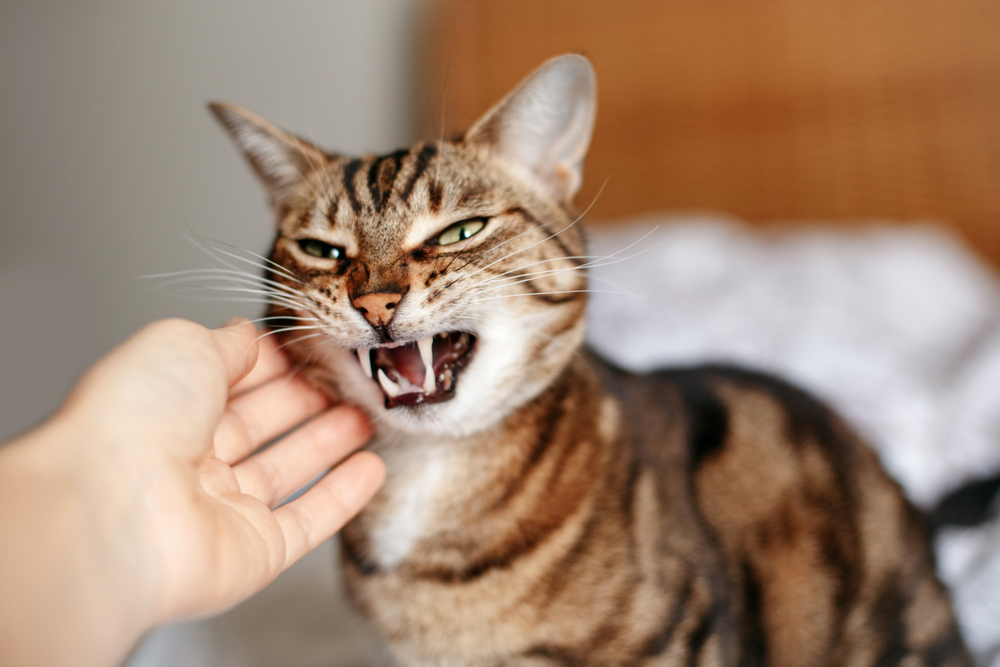
If it is not easy to decipher why your cat is growling, they could be doing it as a general warning. They could be in pain, and growling is their way of warning that they aren’t in the mood to interact because of it. They might growl to warn away visitors as soon as they walk in the door just in case anyone considers getting too close during their visit. They might even growl because they don’t want toys forced into their faces by kids in the house.
If you or someone else gets growled at while getting close to your cat, back away, and give them the space that they’re requesting. If they seem to change behaviors, such as eating, playing, or sleeping, schedule a checkup with the vet to determine whether the growling is due to pain. If visitors seem to induce growling, give your cat a space of their own to hang out where they can’t be bothered whenever anyone outside of the family is in your home.

Learn the Cat Growling Sound
When a cat growls, they create the noise by pushing air through their vocal folds. This results in a deep, slightly rumbly noise that sounds “guttural” when experienced. The lips are usually slightly apart, and the top lip might even curl up like when a dog growls. Growling is usually accompanied by plenty of hissing when a cat is ready to take action. Check out this video that features the distinctive cat growling sound that every feline owner should be aware of:

Frequently Asked Questions
Why Do Cats Growl at Each Other?
Cats do not just growl at people and things. They are highly likely to growl at each other for one or more different reasons. But why do cats growl at each other? One reason is that they are simply feeling threatened by one another. They could also be fighting over the same territory, trying to figure out which will prevail and take over, or fighting over a mate.
If more than one cat lives in your household, make sure that each has plenty of space to call their own and that it’s possible to separate them if aggressive trouble starts. Ensure that the cats get along before leaving them together unsupervised. You should also have all your cats spayed and neutered.
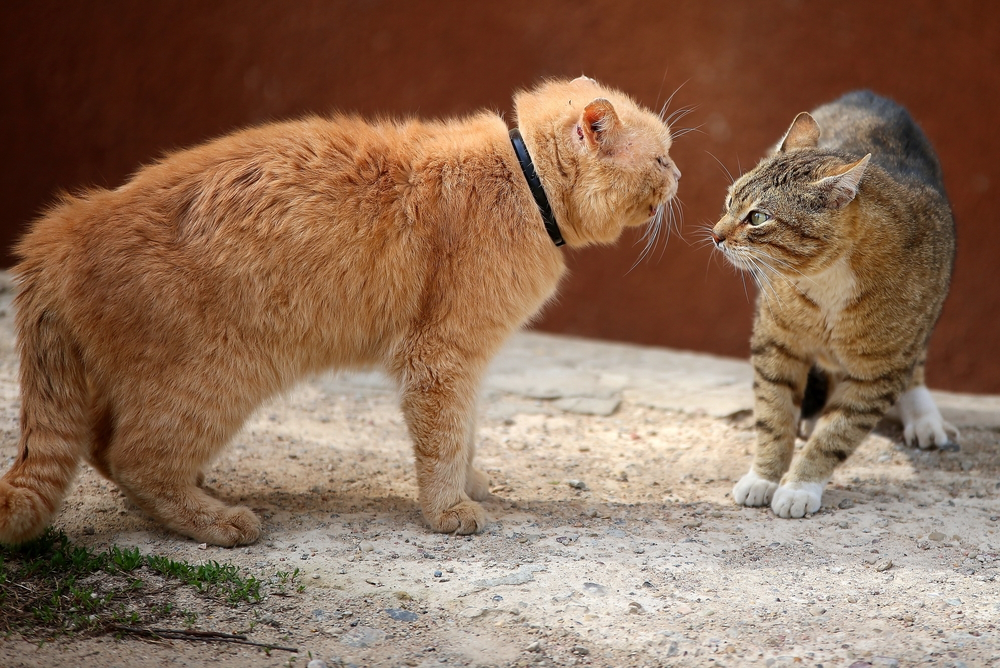
Kitten Growling: Does It Happen?
Yes, kittens are capable of and willing to growl when it suits them. They can growl for any of the reasons that an adult cat might growl. Check out Oscar, the kitten that growls to protect their perceived property—which happens to be a ball.

Conclusion
A cat growling is a natural way of communicating. It lets people and other animals know that they are not welcome under the circumstances. A cat that growls should be treated with respect, and space should be provided immediately to help alleviate the potential for aggressive behavior.
If your cat seems to be growling more than normal, and you can’t determine the reason for the change in the behavior, then get them checked over by your vet to rule out pain or illness.
Featured Image Credit: Fang_Y_M , Pixabay
